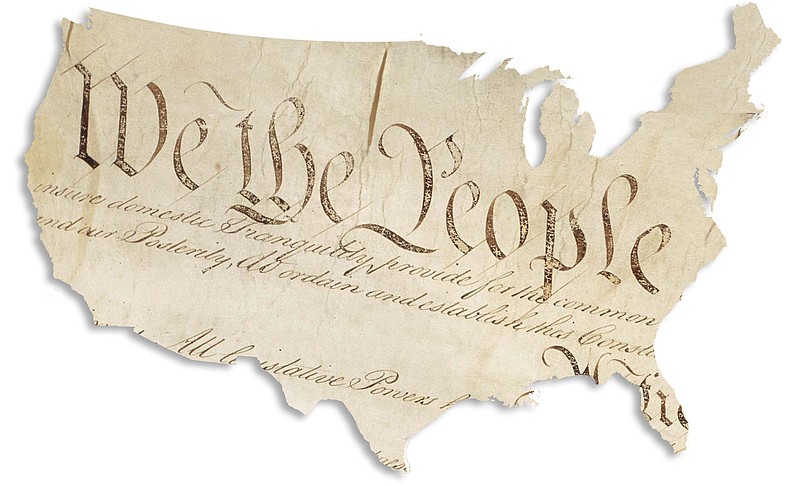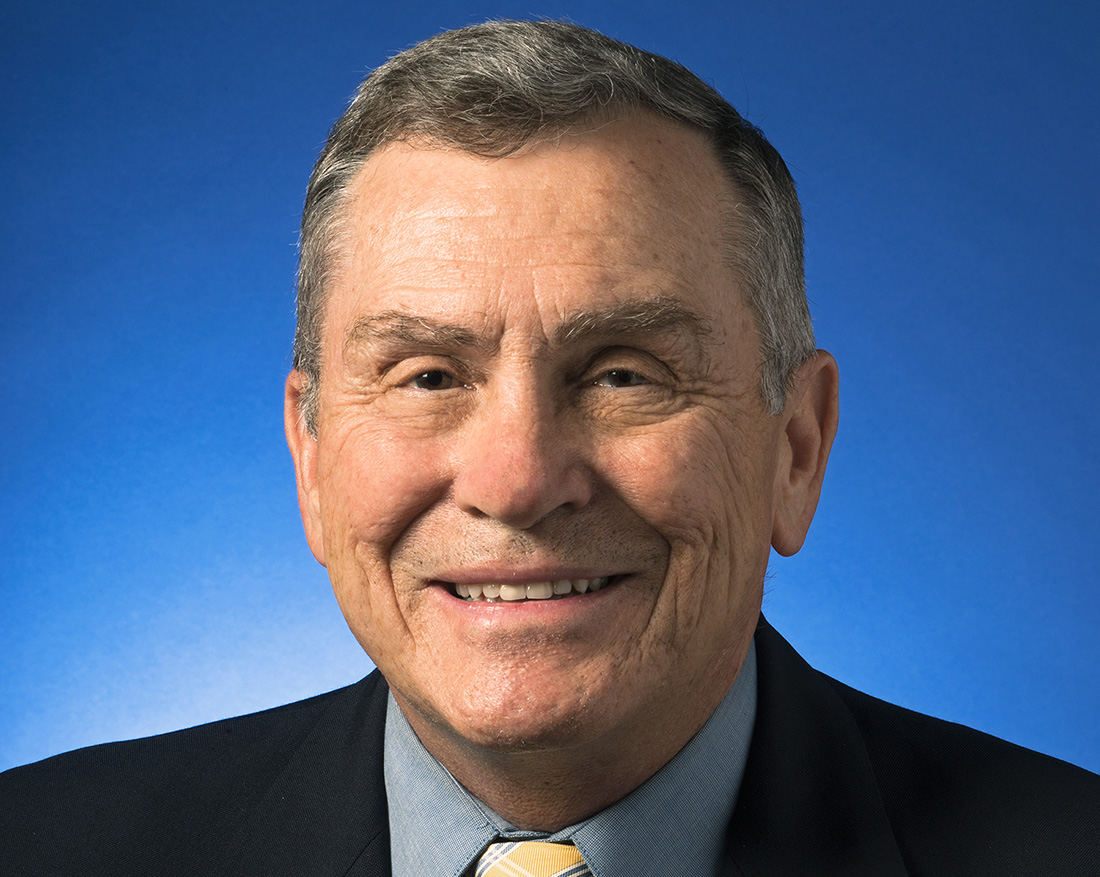George Orwell once wrote, "There are some ideas so absurd that only an intellectual could believe them." Such was the case recently in the graduation speech by Harvard University Dean Rakesh Khurana. He attacked the "capitalist ethos" in our country and stated that the idea that "we deserve to win because of our skill, our hard work, and our contributions" is an outdated idea that is unfair. He then compared our society to the board game Monopoly where one's likelihood of landing on Park Place or in jail is simply one of chance. The self-made person, according to the dean, is a myth we must abolish.
His comments are the epitome of the modern liberal disgust for our social and economic framework that created a nation whose citizens have more opportunities to pursue their dreams than ever before. The left believes that the government, not the individual, can create wealth and happiness and that the government, not the people, is responsible for the goodness that is the United States. Barack Obama, running for a second term against Mitt Romney, said in Roanoke, Virginia, "If you're a business owner - you didn't build that. Somebody else made that happen." Mr. Khurana simply reflected those same leftist talking points.
Fortunately, our Founding Fathers were wise enough to recognize the evils of an overly powerful federal government. They instituted checks and balances within our republic to keep government from threatening individual freedoms. However, that system is constantly under attack by liberal academic elites and their political allies. Collectively, they see government as the cure to "unfair" economic and social problems, when it is often the cause.
Heather MacDonald, writing recently in the Wall Street Journal, stated the root cause of poverty is not one of chance but of choice. She wrote, "The handicaps that accrue to children and communities when the marriage norm breaks down are the biggest impediments to greater social mobility. Avoiding out-of-wedlock childbearing reduces the risk of poverty; doing so is within an individual's control." We can wallow in our own misery and claim to be victims of an unfair society, but at some point we must take responsibility for our own actions.
We all encounter bad luck in life. It isn't new or indicative of something wrong with the "system."
The ancient Greeks created the goddess Tyche, who smiled upon or cursed the efforts of mortals as she wished. The Romans borrowed the idea for their goddess, Fortuna. Similarly, King Solomon reflected on the role of chance in the Bible, "The race is not to the swift or the battle to the strong, nor does food come to the wise or wealth to the brilliant or favor to the learned; but, time and chance happen to them all."
Sometimes, despite our best efforts, we fall short: A sure investment goes sour; the person we love doesn't love us; a great product misses its niche; or the greatest athlete has a disabling injury.
Charles Lindbergh, nicknamed Lucky Lindy after his incredible solo flight from New York to Paris, had no use for chance. He said, "I'm not a big believer in luck. I think what people call luck is where prior preparation meets opportunity."
Our Constitution doesn't guarantee success, only opportunity. What we do with those opportunities is up to each of us. We can be miserable and play the victim role or we can press on as Lindbergh did and succeed in spite of the odds against us.
Lindbergh didn't learn that in college. Lucky for him.
Roger Smith, a local author, is a frequent contributor to the Times Free Press.

